
Many businesses come and go, but these 20 reshaped American identity. Built by visionaries rising through injustice, each legacy still echoes. This list reveals untold chapters of resilience. Their stories hold lessons few textbooks teach. By the end, you won’t just know their names; you’ll understand how they rewrote what success looks like.
E.E. Ward Moving & Storage Co.

This moving company, founded in 1881 from horses and wagons, outlasted several recessions and revolutions. Its reputation for excellence carried many families not only in Ohio but beyond that, too. Today, it still operates, with over 140 years of legacy rooted in resilience.
Jones Bar-B-Q Diner

Jones Bar-B-Q became a local institution without flash, just flawless meat. In Marianna, Arkansas, smoky magic began over 100 years ago inside a small shack. Passed through generations, it’s the oldest Black-owned barbecue spot in America and still feeds loyalty thicker than its signature sauce.
The Chicago Defender

The Chicago Defender was a pioneering African American newspaper founded in 1905. It became a powerful force for civil rights, urging Black Southerners to migrate north for better opportunities. Through fearless journalism, it shaped public opinion, advocated for social justice, and inspired lasting change in American history.
Ben’s Chili Bowl

Washington, D.C., saw plenty of change, but Ben’s Chili Bowl stayed rooted. Since 1958, the Restaurant has welcomed figures of every kind, from civil rights leaders to everyday locals. More than a diner, it became a refuge during the unrest, with half-smokes and chili that left a lasting mark on the city’s memory.
Carter Brothers

Post-Civil War South, Carter Brothers crafted railroad cars with unmatched skill. Founded by formerly enslaved men in Alabama, their precision built a thriving enterprise. Though often overlooked in textbooks, their ironwork powered a pivotal part of American transportation’s golden age.
Dooky Chase’s Restaurant

Inside a modest building on Orleans Avenue, history simmered alongside gumbo. Leah Chase didn’t just run a restaurant; she curated a haven where civil rights leaders mapped the future over food. Since 1941, Dooky Chase’s has anchored Creole cuisine and served as a pivotal meeting ground for civil rights icons shaping America’s future.
McKissack & McKissack
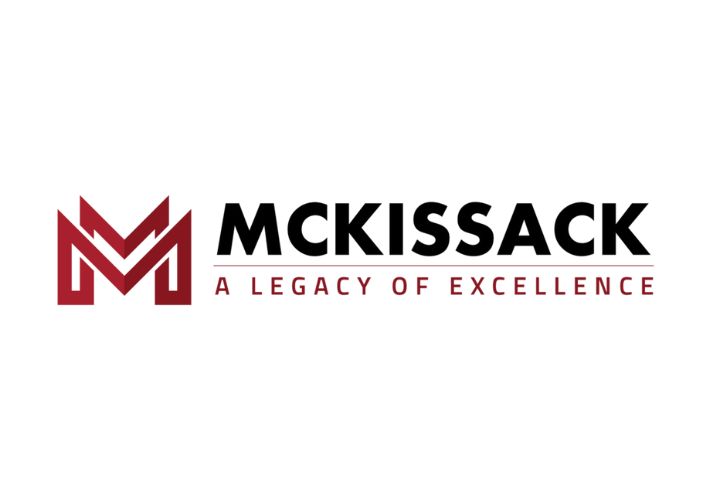
In history, their blueprint shaped buildings and generations of Black architects. Set up in the early 1900s, this architecture firm built its legacy brick by brick. As the oldest Black-owned architecture firm in the U.S., McKissack & McKissack helped erect landmarks while demolishing racial barriers.
Willie Mae’s Scotch House
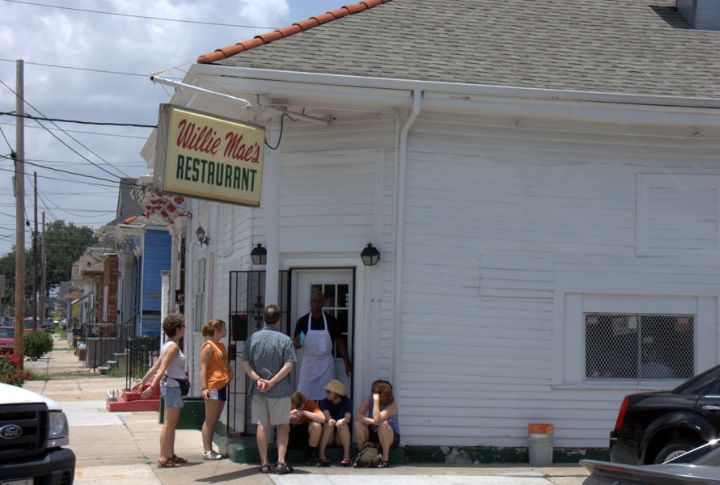
Willie Mae Seaton began cooking to support a community, but she created a culinary legend. Her Scotch House weathered storms, both literal and personal. Through every hardship, the recipes remained unchanged. Presently, her great-granddaughter, Kerry Seaton Stewart, leads the kitchen, continuing the legacy that began in 1957.
Murray Brothers Funeral Home
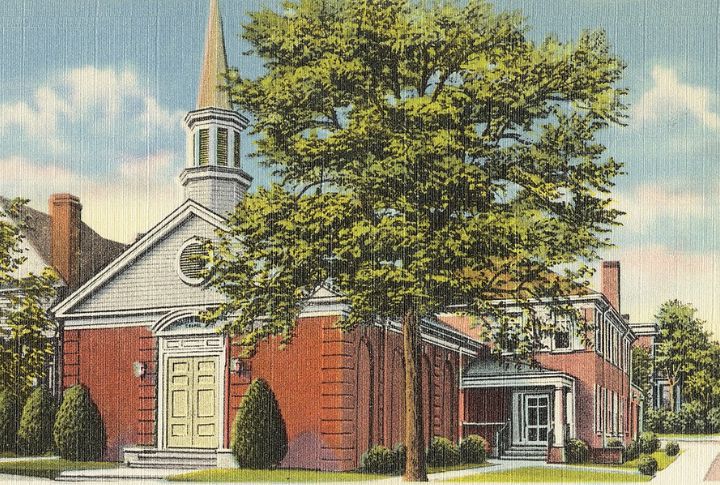
Established in 1981, Murray Brothers Funeral Home has been a compassionate presence in Atlanta. Family-owned and community-rooted, it offers personalized funeral and cremation services. With dignity and heartfelt care, they help families celebrate lives well lived, helping them through loss with respect and enduring support.
Luster Products

This family-owned brand transformed a need into generational empowerment. From a Chicago basement in the 1950s, Frederick Luster built Luster’s Pink into a trusted staple in Black households. Quality drove its success, proving that vision and dedication laid the foundation for lasting impact, far more than luxury ever could.
The Call (Newspaper)

A historic force in Kansas City, “The Call,” launched by Chester Arthur Franklin, has long championed civil rights and Black excellence. Through decades of change, it has consistently provided a platform for empowerment. Today, it continues to inspire through storytelling that keeps advocacy and awareness powerfully alive.
Weeksville Heritage Center

Long before Brooklyn began to change, Weeksville thrived as a 19th-century haven for free African Americans who built a strong, self-sustaining community. Now an open museum, it preserves the legacy of resilience and cultural strength that offers a rare glimpse into urban Black history many neighborhoods have lost.
Slade’s Bar & Grill

Slade thrived as a live music hub during Boston’s jazz boom. It often hosted local acts before they hit bigger stages. After Bill Russell joined as part-owner, it drew even more attention. From civil rights discussions to late-night jam sessions, its dining room fed movements far beyond the plate.
H.J. Russell & Company
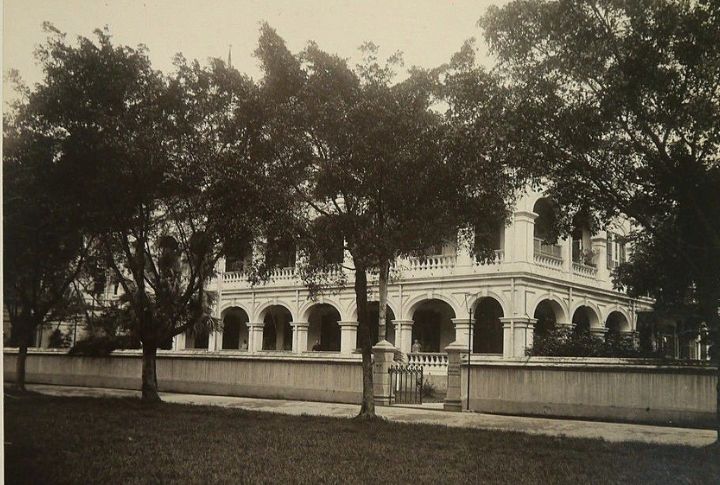
Herman Russell laid more than foundations; he built futures. What started as a plastering business grew into one of America’s largest Black-owned construction firms. From Atlanta skyscrapers to Olympic venues, H.J. Russell & Company advanced Black prosperity, brick by brick, with every project secured and every barrier broken.
Motown Records

In 1959, Berry Gordy founded Motown Records, reshaping the music industry. It nurtured groundbreaking talents from Detroit’s heart, like Stevie Wonder, Diana Ross, and Marvin Gaye. Beyond hits, this label united audiences across racial lines, shaping American culture with timeless melodies and unforgettable voices that still echo through time.
Sylvia’s Restaurant
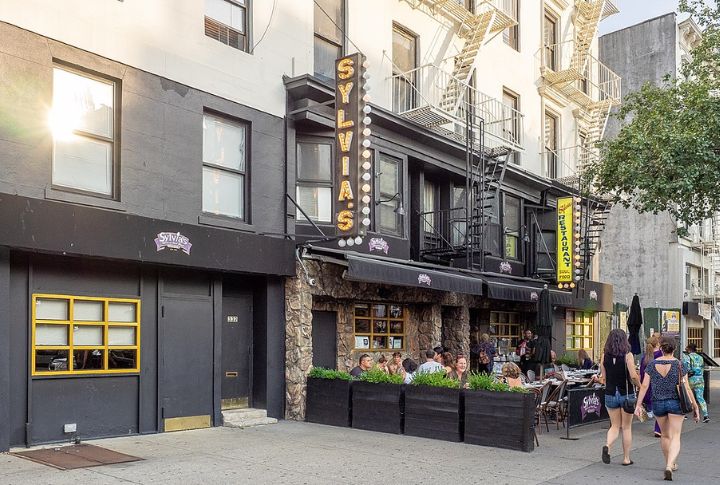
In Harlem, Sylvia Woods built an iconic soul food haven in 1962. Sylvia’s Restaurant served fried whiting and oxtails, where politicians and poets dined together. More than a meal, it’s a movement filled with flavor, family, and pride, now run by her son Kenneth Woods and grandson K. De’Sean Woods.
Johnson Publishing Company
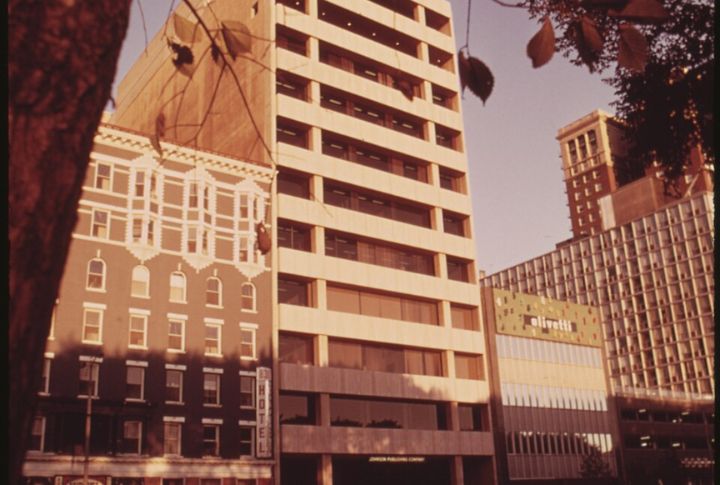
Johnson Publishing Company wasn’t just a business but a cultural force. Building “Ebony” and “Jet” from the ground up reshaped how Black stories were told and celebrated. It proved that Black-owned media could dominate, inspire, and set the standard without waiting for permission from anyone.
A.G. Gaston Motel
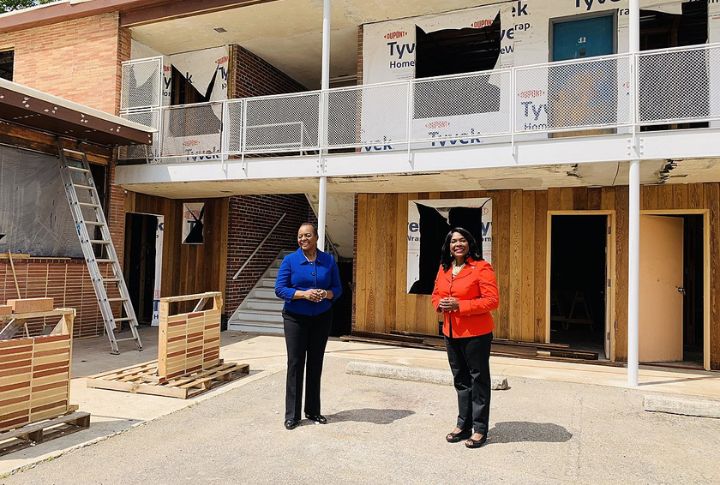
Built-in 1954 by African American entrepreneur A.G. Gaston, this Birmingham motel was a haven for Black travelers during segregation. It later became a civil rights hub, hosting leaders like Martin Luther King Jr. Restored as a historic landmark, A.G. Gaston Motel preserves its powerful legacy.
The Atlanta Voice

As the Civil Rights era unfolded, “The Atlanta Voice” gave the protest a printed platform. It focused on what national headlines often skipped, such as Black voters, schools, and entrepreneurs. It’s more than a newspaper; it’s a record of resistance with over 50 years of uninterrupted coverage.
Atlanta Life Insurance Company

Alonzo Herndon, once enslaved, built Atlanta Life Insurance Company in 1905, creating financial opportunities for African Americans. Growing into one of the largest Black-owned insurance firms, it empowered communities, offering stability, wealth-building opportunities, and a lasting legacy of economic advancement that inspires the current generation.

